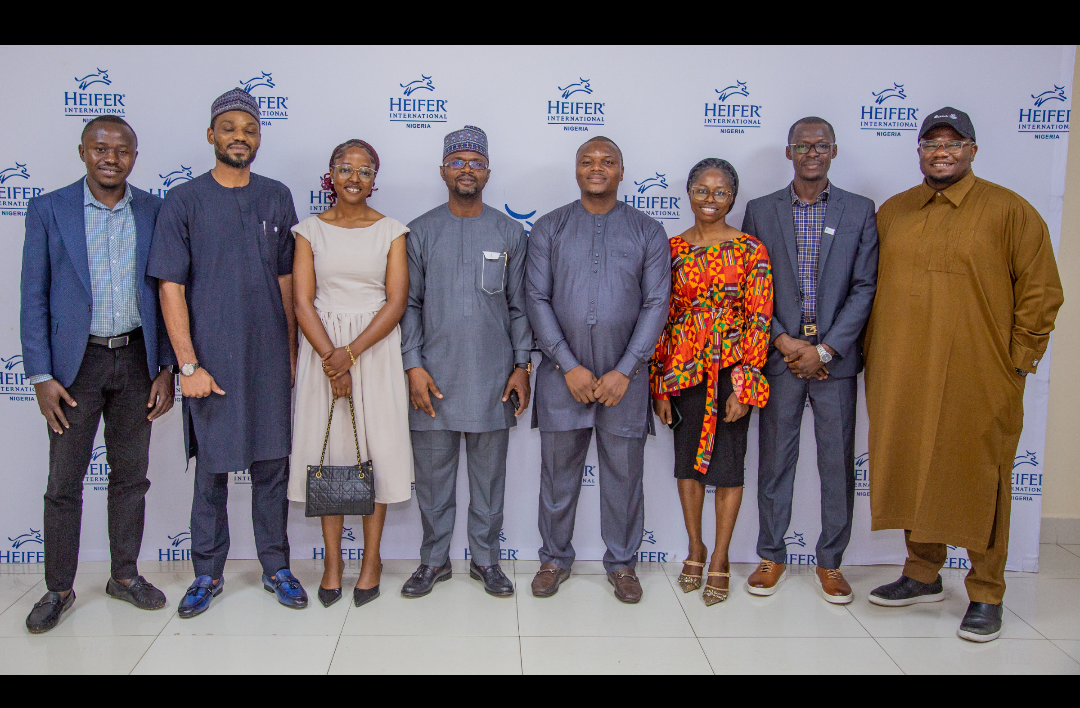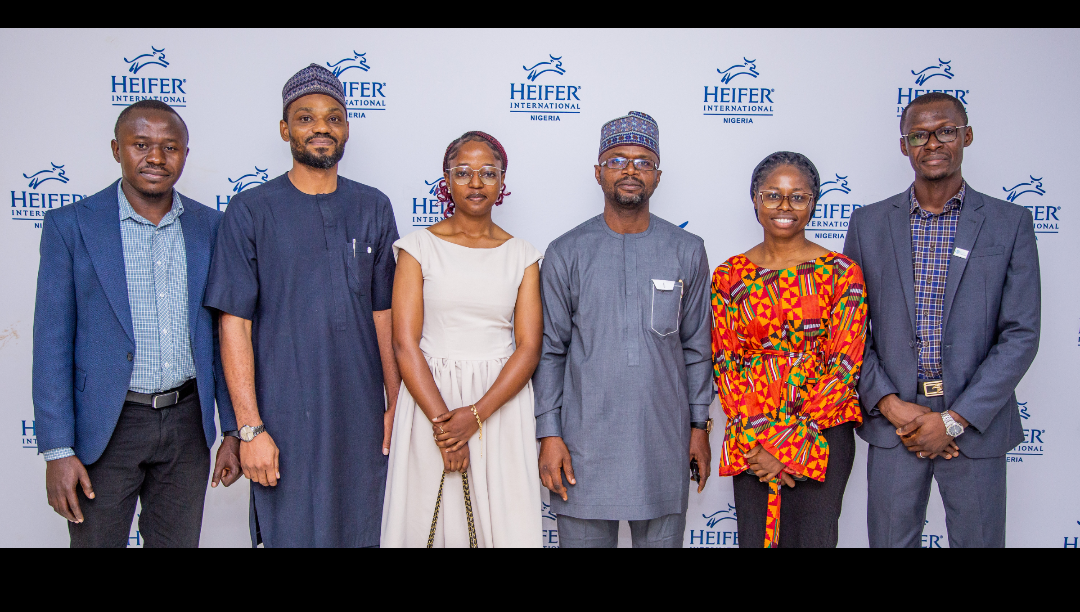A New Dawn for Nigerian Agriculture
Nigeria stands at a critical crossroads. With over 34 million hectares of arable land and a youth population that makes up more than 60% of the country, we possess the raw ingredients for an agricultural revolution. Yet, paradoxically, we spend a staggering $22 billion every year importing food—much of which we could grow ourselves.
The question is not whether Nigeria has the potential to feed itself, but why that potential remains so tragically untapped.
Despite agriculture employing about 30% of Nigeria’s labor force and contributing between 22–25% to our GDP, the sector remains stuck in time. Currently, for many crops in Nigeria, the yield gap—the discrepancy between a crop’s potential yield and actual production—exceeds 76 percent (Babatunde et al., 2017; Rong et al., 2021). Therefore, there are a lot of opportunities to increase the nation’s agricultural production. Smallholder farmers dominate the landscape, relying on rudimentary methods, battling poor infrastructure, and struggling to access markets. At the same time, Nigerian youth—the very force that could revolutionize agriculture—are turning their backs on it. Many see farming as hard, thankless and outdated work with little return. And who can blame them?
But the world is changing. Around the globe, agriculture is being re-imagined by artificial intelligence and digital technologies. From predictive weather models to AI-powered drones and automated tractors, farming is fast becoming a data-driven, tech-powered enterprise. For Nigeria, this shift isn’t just a chance to improve productivity—it’s an opportunity to rewrite the narrative of agriculture entirely.
We are not short on land. We are not short on youth. What we need is a bold vision—one that fuses technology, youth empowerment and innovation—to cultivate a new era in Nigerian agriculture.

Farming, But Make It Smart
Young Nigerians are ready for a new kind of farming—one that doesn’t mean backbreaking labor under the sun, but tech-driven, purpose-filled careers. With artificial intelligence revolutionizing agriculture worldwide, this could be our moment to redefine what it means to be a farmer.
Bicksler et al. (2022) and Cook and O’Neill (2020) are of the belief that AI can be used to provide farmers with relevant, tailored, and targeted insights and suggestions. Imagine youth not as farmhands, but as agripreneurs, drone pilots, agri-data analysts and founders of innovative agri-tech startups. AI is making this future possible. With tools like soil sensors, predictive weather models, and automated tractors, young Nigerians can farm smarter, not harder—maximizing yields while minimizing costs and environmental impact.
Homegrown Innovation in Action
Take Extension Africa, for instance—an AI-powered platform led by Tajuddeen Yahaya that connects smallholder farmers with real-time insights and agribusiness support. It’s not just a product; it’s a movement. And it shows what’s possible when Nigerian youth lead the charge.
Initiatives like as Heifer International’s AYuTe Africa Challenge are nurturing this vision. Winners like ThriveAgric and Extension Africa are proving that Nigerian youth, when empowered with the right tools, can solve some of our toughest agricultural problems—from post-harvest losses to inefficient market systems.
Laying the Digital Foundation
Technology alone won’t solve our agricultural challenges. To democratize access to AI tools, Nigeria must invest in infrastructure. Many rural communities still lack basic internet, power, and digital tools. Expanding broadband access and subsidizing AI solutions for youth-led agri-businesses are essential steps. Equally critical is building digital literacy through nationwide training programs tailored to rural realities. A series of studies have emphasised the promise of AI and associated technologies in revolutionising Nigerian agriculture. Umar (2022) and Elijah (2017) both stress the considerable beneficial influence of machine learning, deep learning, IoT and data analytics in boosting agricultural production and sustainability.
Policy That Works for Youth
Government and private sector collaboration must go further. Policies that support land access for youth, tax incentives for agri-tech startups and partnerships with global AI firms could create a robust ecosystem of innovation. “In order to enable farmers, particularly smallholders, to create economic rural growth and guarantee food security, policies, infrastructure and significant investments are required to increase their financial and technical capacity (Dinrifo et al., 2022)”. Lagos, already a startup capital, could lead the charge—but the benefits must reach every rural corner of Nigeria.
A Revolution Rooted in Youth
If we get this right, the results will be transformational. Youth-led AI agriculture can boost food security, create millions of jobs across the agri-value chain and position Nigeria as a global competitor in food exports. Beyond economics, it can breathe life into rural communities, reduce migration pressures and promote environmental sustainability through data-driven, climate-smart farming. As stated by Olagunju (2024) and Aggawal et al. (2024) “Artificial Intelligence (AI) has huge prospects for improving agriculture in Africa, notably in Nigeria. AI technology can boost sustainable agricultural techniques, improve food security and engage youth in agriculture”.
We don’t just need youth in agriculture. We need them leading it—with code, data, and a bold re-imagining of what Nigerian farming can be.
Case Studies: Emerging AI Success Stories in Africa
Thrive Agric (Nigeria)
Thrive Agric is an innovative agri-tech startup that leverages AI to provide farmers with finance, insurance, and market access. Using AI-powered data insights, Thrive Agric helps smallholder farmers optimize their operations while connecting them to a network of buyers. By employing blockchain technology, the platform ensures transparency and security in financial transactions, making it easier for farmers to access credit and scale their businesses.
AgriPredict (Rwanda)
AgriPredict is an AI-driven mobile application that helps farmers anticipate pest outbreaks and extreme weather events. By leveraging machine learning and satellite data, AgriPredict provides real-time agricultural advisories. Farmers receive SMS notifications about impending risks, allowing them to take preventive measures that reduce crop losses and improve yields.
These success stories demonstrate the transformative power of AI when combined with youth entrepreneurship and highlight the potential for similar initiatives in Nigeria.
A Call for National Transformation
An AI-driven agricultural renaissance, led by Nigerian youth, holds the power to rewrite our nation’s future. It could generate millions of jobs across the value chain—from smart farming to logistics, data analytics, and agri-retail. It would reduce our reliance on imports, stimulate rural economies, and elevate Nigeria as a global food powerhouse.

But this future won’t build itself.
We challenge policymakers: move beyond pilot programs and platitudes. Create bold policies that prioritize rural broadband, subsidize AI tools, and put land in the hands of young innovators. Invest not just in tools, but in talent. The time for incremental change is over—we need courageous, visionary action now.
And to Nigeria’s youth: the future of farming is not behind you. It’s ahead—and it’s digital. Embrace the opportunity to be more than farmers. Be builders, engineers, founders, and problem-solvers at the heart of a new agricultural revolution.
The tools are here. The talent is ready. What we need is the will to act.
References
Aggarwal, S., Bansal, S., & Goel, R. (2024). AI in agriculture: A looming challenge, a gleaming opportunity. International Journal of Engineering Science and Humanities.
Babatunde, R. O., Salam, M. F., & Muhammed, B. A. (2017). Determinants of yield gap in rainfed and irrigated rice production systems – Evidence from household survey in Kwara State, Nigeria. Journal of Agribusiness and Rural Development, 1(43), 25–33.
Bicksler, A., Trail, P., Bates, R. M., Burnette, R. R., & Thansrithong, B. (2022). Small farm resource centers as informal extension hubs in underserved areas: Case studies from Southeast Asia. Journal of International Agricultural and Extension Education, 29(2), 74–90. Cook, P, & O’Neill, F. (2020). Artificial intelligence in agribusiness is growing in emerging markets. World Bank.





